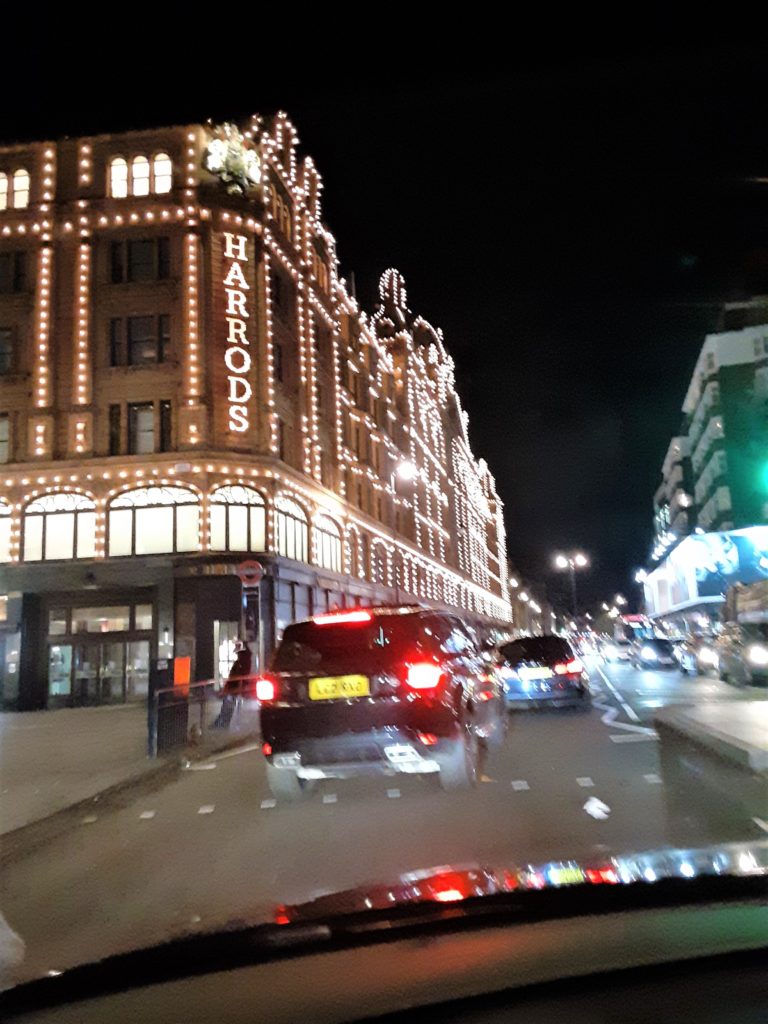
A Tale of Two Cities Held Hostage by Coronavirus
Indian immigrants carry on in two continents…
[dropcap]L[/dropcap]eisure travel, long desired by people the world over, has now become an oxymoron, impossibility, because it can no longer be carefree, relaxed or fun. Whether you are in Mumbai, London or New York, to get to any other part of the world is a travel nightmare with a whole new vocabulary of words which never existed before – PCR, Antigen test, COVID testing and much more. And now comes the Omicron variant in the continuing COVID saga.
Yet I took the plunge from New York to visit extended family in London – and the moment I got to JFK Airport, I knew this was going to be like no trip I had taken ever before. Shuffling in a somber masked crowd, I realized that in spite of vaccinations and booster shots, the masks – and sometimes double masks – are the new reality of this new travel universe. All passengers had to keep their masks on throughout the flight – even when they slept – removing them briefly only to eat.
I met many people of Indian origin in London – some who had lived in Britain for generations – and the story was almost always the same: COVID was woven into every conversation, their tales of travel nightmares and avoidance of social gatherings to protect the vulnerable in their families. They were not traveling unless it was strictly essential, and had not even met close friends if they happened to be immunocompromised, as everyone had elderly loved ones or young children who were not vaccinated.
So on the face of it, London was gleaming with holiday lights, sparkle and crowds, but in some ways everyone was held hostage to the virus and its more virulent new variant, the Omicron.
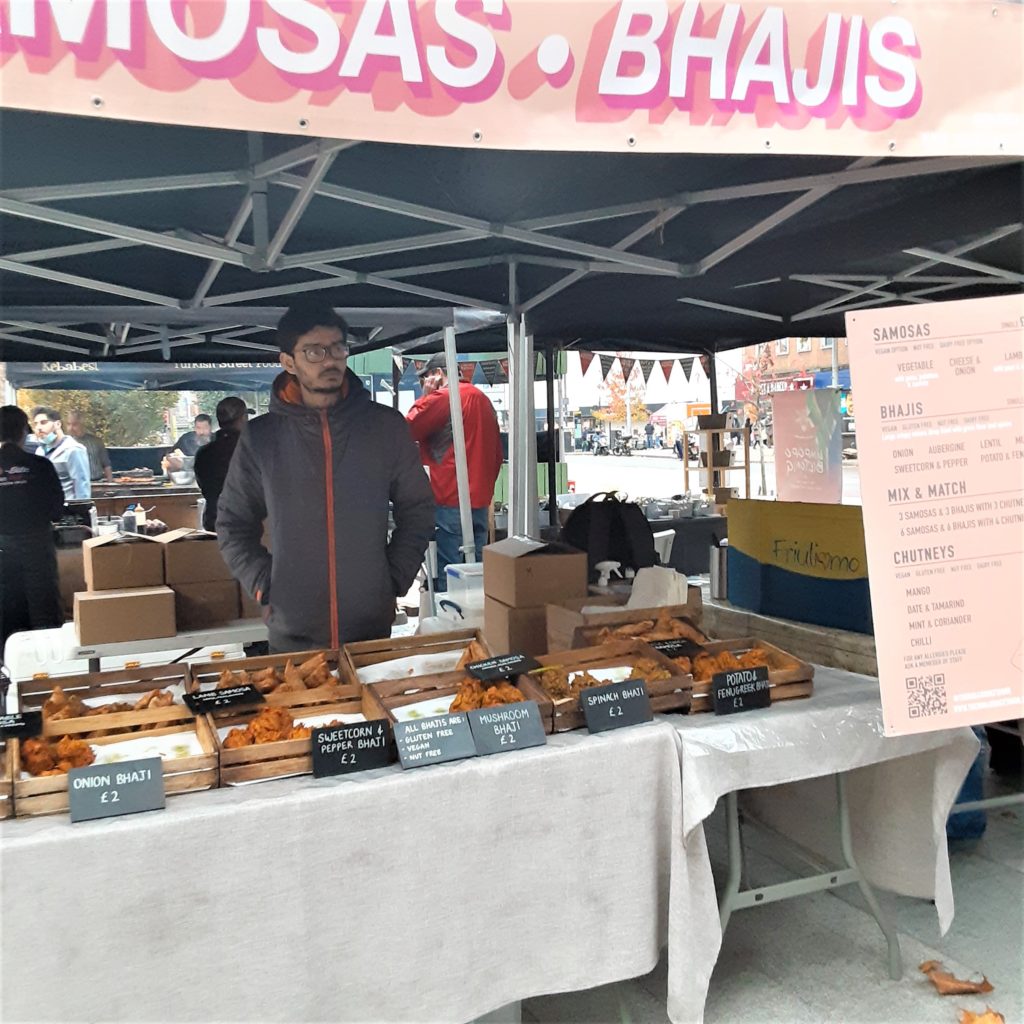
[dropcap]T[/dropcap]he more adventurous were going to theaters and partying but most were restricting their outings to restaurants with a few known friends or shopping masked. Those who had traveled from Dubai, India and the US were agonizing about the complex tests they had to take to board return flights –should it be taken 72 hours or 48 hours before they traveled, or a mere 24 hours? These confusing issues had become the prime worries of would-be travelers, as tales of people being refused to board the flight were shared
The Christmas season had come to London with a bang with all the city streets glittering with holiday lights, stars and angels. The shoppers were out there in full force but one noticed they were not carrying many packages. Were they merely window-shopping or were they scouting out the goods and then shopping online?
One thing I did see and that was that restaurants, pubs and cafes were all full and people were almost hungry for real, day-to-day normal social experiences. Dining out, whether it was takeout or small plates or fine dining, all seem to be back with reservations needed to get in to the packed restaurants. After all, what can be more normal than sitting with friends and family for a good meal? Walking the streets of London, I saw families gathered in small eateries like the popular Turkish restaurant Yamabahce in St. Christopher’s Place, or Gogi, the Korean barbeque restaurant, and even the little pop-inspired Indian restaurant Bindas. In every place, you had to wait if you did not have a reservation. Up-end Michelin rated restaurants like the elegant Chutney Mary and Amaya were packed full, even for second seatings in the evening.
Food is indeed the big comforter to the human soul, and COVID or not, people were out to get their fix, be it frozen Indian curries in a popular supermarket or homemade bhujjias and samosas in a food festival in a London suburb.
[dropcap]B[/dropcap]ack in New York, too, food seemed to be the big unifier with people hungry for sharing space and emotions with family and friends. During the pandemic, new restaurants have bravely opened, in spite of lack of staff. I saw a good sign in that many closed restaurants and bars had actually reopened in my own Upper East Side neighborhood. It was as if the city streets had got a shot in the arm and the economy was thriving. And yet there were sad stories too which showed that COVID had dealt a heavy blow to businesses and some may never recover again.
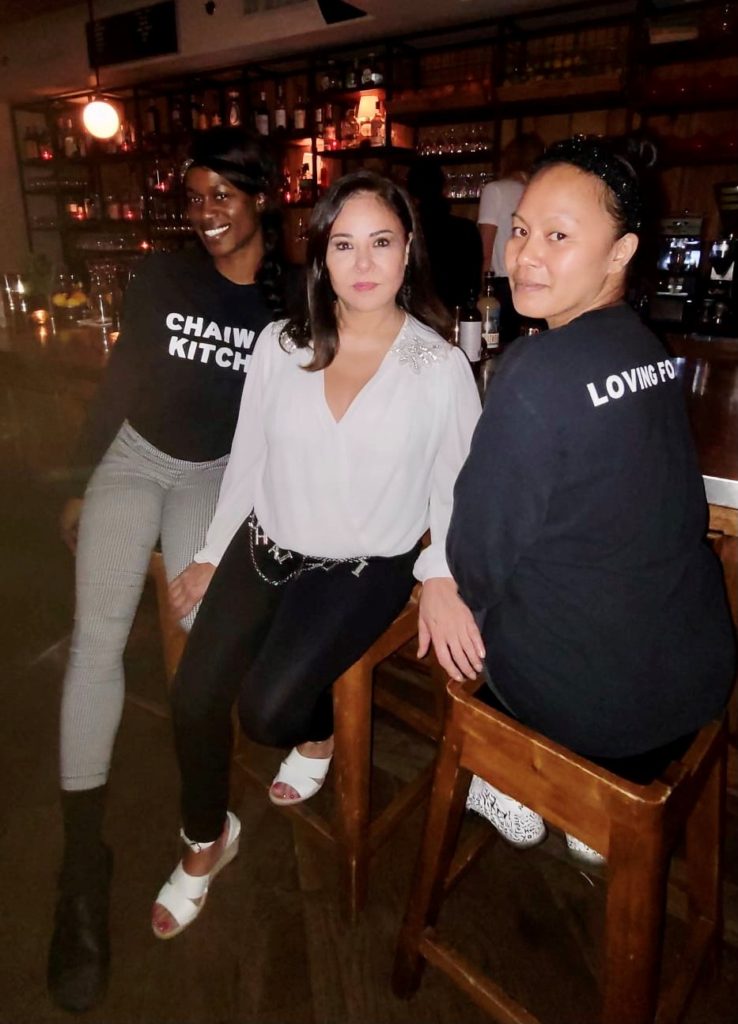
[dropcap]A[/dropcap]nd things look as if they will get worse before they get better. With the advent of the Omicron variant, travelers are once again shelving their plans and both London and New York are tightening the screws on visitors. I managed my three-week trip to London even as there were first alerts about the emerging threat of Omicron – and now just like that, the doors have been shut again with this new variant being a danger in so many countries.
Most Indian immigrants long to travel to the Mother Country but now it looks like leisure travel is once again an endangered commodity and only those who urgently need to see family or attend to business needs will really travel to India. That therapeutic massage treatment in a Kerala ayurvedic spa or the visit to the tiger reserves in Ranthambore National Park are for now, just daydreams.
It is a wonder that something so small as a virus can hold an entire global community hostage but that is the sad fact of our lives. Leisure travel is once again restricted to flying carpets of the imagination as more and more people cancel their plans.
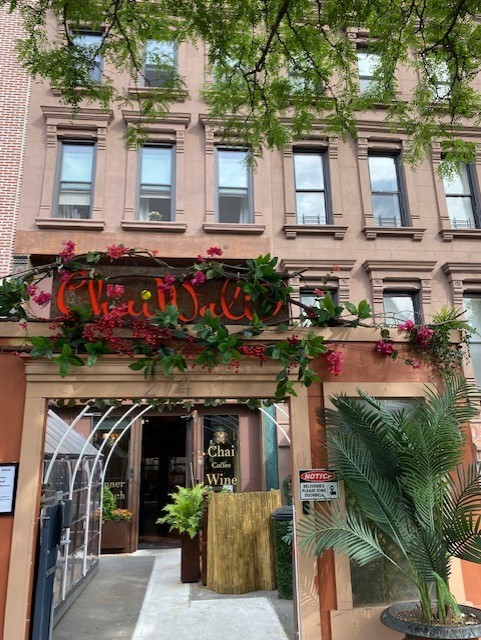
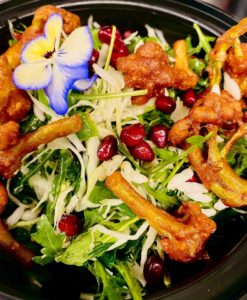
[dropcap]Y[/dropcap]et Indian immigrants, especially those in London and New York, are not ones to give up easily, even when faced with the challenges of COVID. Chaiwali, a much loved restaurant owned by chef Anita Trehan in Harlem just closed its doors for good after an ongoing battle with the COVID crisis. Right from the start this unique offering from an Anglo-Indian female chef had offered something different in the heart of Harlem and had got an avid following in the media and in the food circles.
COVID is what compelled it to close. As Trehan says: “While people are eating out, they are not doing it as often as they used to and have not fully embraced it. Along with a drop in customers there is a rise in many costs, including heating and maintenance of outdoor dining, safety protocols and equipment, higher labor costs and about a 35% rise in food supplies. Not to mention the slow winter months and the looming threat of Omicron.”
It was sad but almost a celebration. Fans and friends turned up in droves for their last meal at Chaiwali with long wait lines, bringing flowers and gifts. Trehan believes she learned many valuable lessons in her brief time in Harlem, almost creating a loving tribe and a community stronghold for her modern boldly flavored Indian inspired food. A true New Yorker not easily fazed by the challenges of COVID, she believes Chaiwali will be back in a new avatar, as she explores all the possibilities. And there are many New York stories like hers which have continuing chapters, in spite of COVID. It is not The End.
(This article was first published in my weekly column ‘India in America in CNBCTV18.com)
